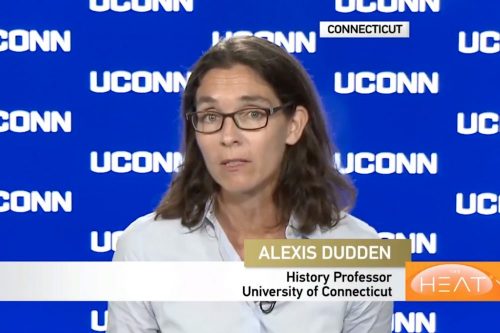University Communications recently launched an experts database to help connect media to UConn leaders in their fields to help inform issues in the news.
The database lives on the University Communications website and serves as a reference tool for mainstream media who write and produce news stories, often relying upon faculty to help explain the context for current events, trends, and breaking news.
Launched in October and currently in pilot phase, the database features an initial 50 faculty members across a range of academic disciplines. All of the faculty profiled have previously worked with media.
University Communications plans to expand the database incrementally as part of its overall efforts to increase the visibility of the University.
This project is being done in collaboration with the global wire service Associated Press. In addition to the database being housed on the UConn website, it will be accessible through AP channels, promoting scholarly expertise to thousands of writers, editors, and producers.
Each day, faculty members are quoted in national media reports. Recent topics range from city gentrification, to women entrepreneurs, and Puerto Rico’s economic crisis.
Working with news staff, faculty also write opinion pieces and commentaries for The Conversation, an academic news operation that makes the pieces available to publications around the world.
“Access to independent, high quality, authenticated, explanatory journalism underpins a functioning democracy,” say The Conversation team. “Our aim is to promote better understanding of current affairs and complex issues. And hopefully allow for a better quality of public discourse and conversation.”
Faculty experts may also be interviewed on radio or TV, including through UConn’s Video Link studio in Homer Babbidge Library.
To date, UConn commentaries have received 4.1 million views. They have been published by CNN, Business Insider, TIME magazine, the Washington Post, and Discover Magazine. In Europe, they have been picked up by the Daily Mail, the Observer, The Independent, Quest-France, and Le Point.
To follow media coverage of UConn, its people, and programs, go to ‘UConn in the News’ on the UConn Today website. Links to media coverage related to UConn Today stories are also published at the end of each story. See Adding $1 to Minimum Wage = Less Child Neglect.
Watch a video of history professor Alexis Dudden in the Video Link studio.



